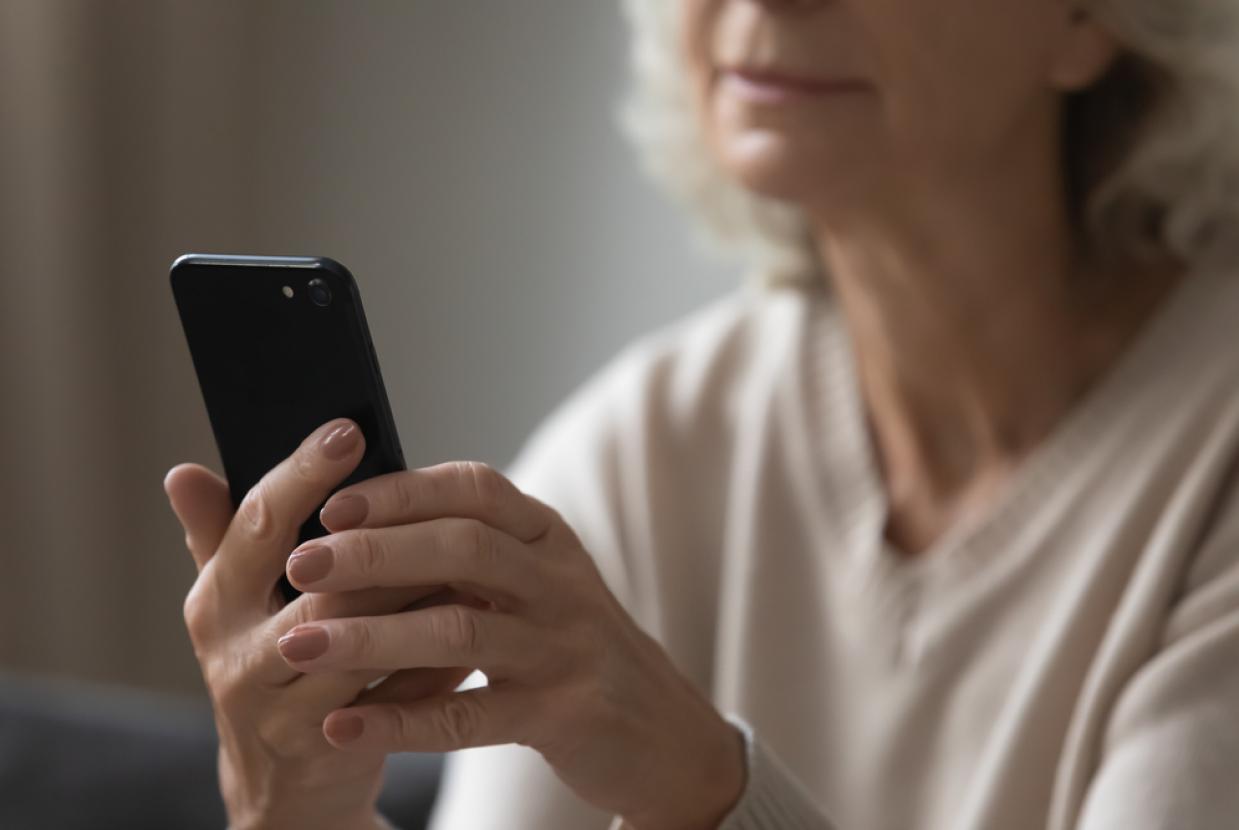Preparing For Your Appointment
Preparing for your appointment can help you get the most out of your time with your eye specialist. We’ve put together some useful tips to help you get ready for your appointment, whether you’ve had your eye test at the opticians or are waiting for your first appointment at the hospital.
If you’ve been referred for more tests by your optometrist
If you have an eye test and your optometrist (often called an optician) thinks there may be a problem with your eyes, they or your GP will refer you to either a specialist optometrist or to the hospital eye clinic. Your optometrist should talk to you about your eye health, explain what they’re doing and the results of any tests. If there’s anything you’re not sure about, it’s important to ask.
Questions to ask your optometrist:
- What are you referring me for?
- How urgent is my appointment with the specialist?
- What other tests might I need to have?
Getting ready for your appointment
If you’ve been referred to the eye clinic at your local hospital or a specialist optometrist in a community opticians practice, there are a few quick and easy things you can do so you get the most out of your appointment:
- Write down any questions you want to ask the eye specialist in advance. It’s also worth taking a pen and paper so you can make notes at your appointment. We’ve prepared a list of questions to ask at your appointment. Click here to go to that page.
- Contact the hospital or clinic in advance to tell them if you have any additional needs. For example: if you have hearing loss, memory issues or reduced mobility. It’s also worth letting them know if you will need an interpreter.
- Gather any letters or records you have about your eyes – even if they’re not about the current issue you have – so you can bring them to your appointment.
- Ask the hospital or clinic if you will be allowed to drive home from your appointment. Eye drops are often used at appointments, which can blur your vision and prevent you from driving yourself home.
Get support while you’re waiting
If you’re waiting to see an eye specialist, we can help you get answers and move forward with confidence.
You can contact the RNIB Helpline for practical and emotional support, or if you just want someone who'll listen. It’s free and our advisers can help you with answers to your questions, practical advice. Some of the topics we can help with include:
- eye conditions
- how to navigate the NHS services
- emotional support
- wellbeing
- employment
- accessing information
- welfare benefits
- your rights
No question is too great or small. Call our Helpline on 0303 123 9999, email: helpline@rnib.org.uk or say: “Alexa, call RNIB Helpline” to talk to us.












































